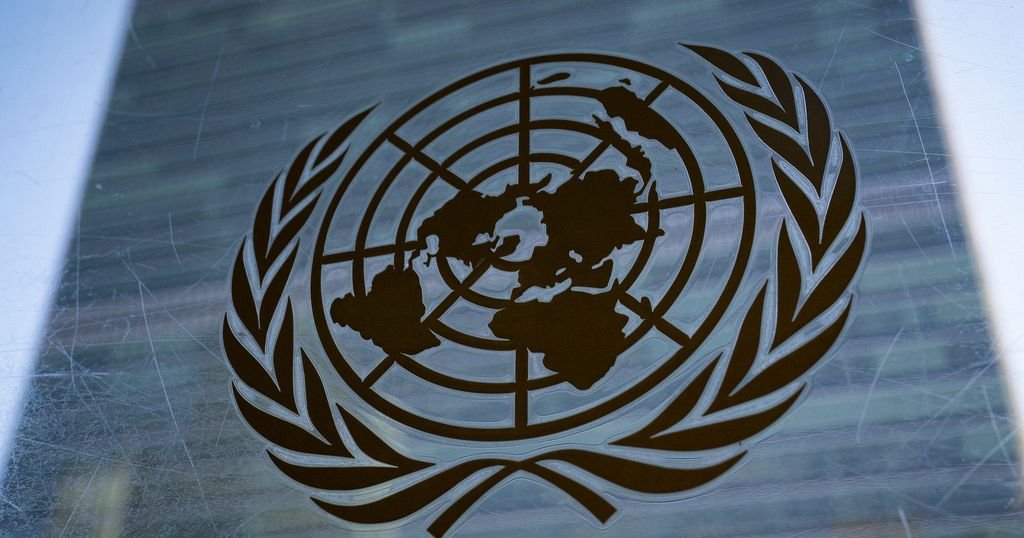Africa
African Union’s partnership with UN “essential to confronting threats” facing Africa

Parfait Onanga-Anyanga, Head of the UN Office to the African Union (UNOAU), told the Security Council on Tuesday that the partnership between the United Nations and the African Union, “as well as with other regional organizations, forms the foundation of an effective, networked multilateralism.”
“The strong and enduring partnership between the United Nations and the African Union, as well as with other regional organizations, forms the foundation of an effective, networked multilateralism — essential to confronting the complex, evolving, and interconnected threats that today weigh on peace, security, development, and human rights, particularly in Africa,” Onanga-Anyanga said.
Mohamed Fathi Ahmed Edrees, Permanent Observer of the African Union to the United Nations echoed that sentiment.
“Africa is confronting an unprecedented web of security threats. We must work together to address these challenges, from Libya to the Sahel, to cut any connection of threats to the Lake Chad Basin region and West Africa. The same determination is required to achieve peace in Sudan, prevent any escalation of conflicts in the East and Horn of Africa as well as facilitate all efforts for stability in DRC and the Great Lakes region. We must also continue support the Government and people of Mozambique in their efforts to continue keeping its Northern region safe and free from terrorist threats.”
“Any hesitation or failure to take decisive, urgent action will affect the effectiveness of our two Councils and institutions to adequately prevent and address ongoing threats and conflicts that will have far-reaching consequences for global peace and security,” Edrees added. “Let us capitalize on the strengths and resilience of our Councils and institutions to achieve peace and stability, as well as the enabling environment for development and economic growth across Africa and the world.”
Martha Ama Akyaa Pobee, Assistant Secretary-General for Africa, said, “As we reflect on the future of peace operations and seek efficiencies, it becomes even more evident that resolution 2719 meets the moment. The resolution contributes to making peace operations relevant to contemporary challenges.”
“While significant progress is being made, there are still challenges ahead. Indeed, amongst others, the United Nations and the African Union must keep working on fostering a shared understanding of and expectations on the resolution, including with the African Regional Economic Communities, Regional Mechanisms and other key stakeholders,” Pobee added. “Shared understanding and realistic expectations are key to successful partnerships, given the variety of the mandates and memberships of the various multilateral organizations involved.”
